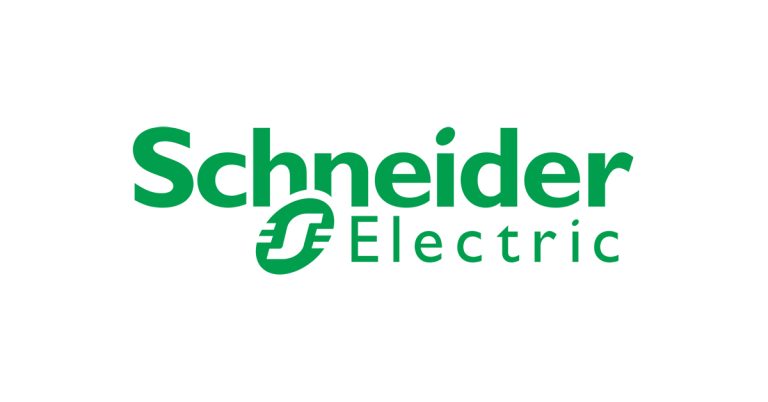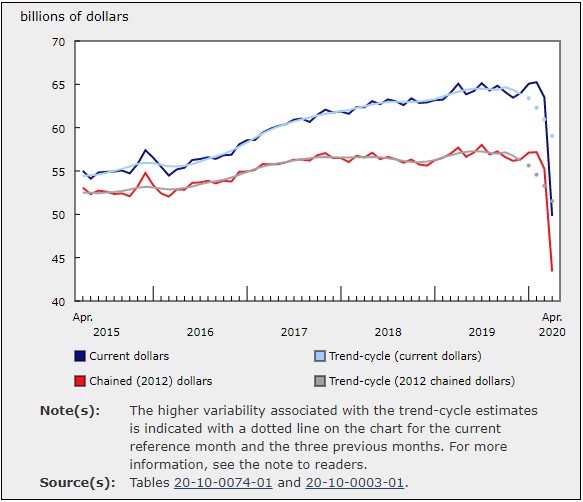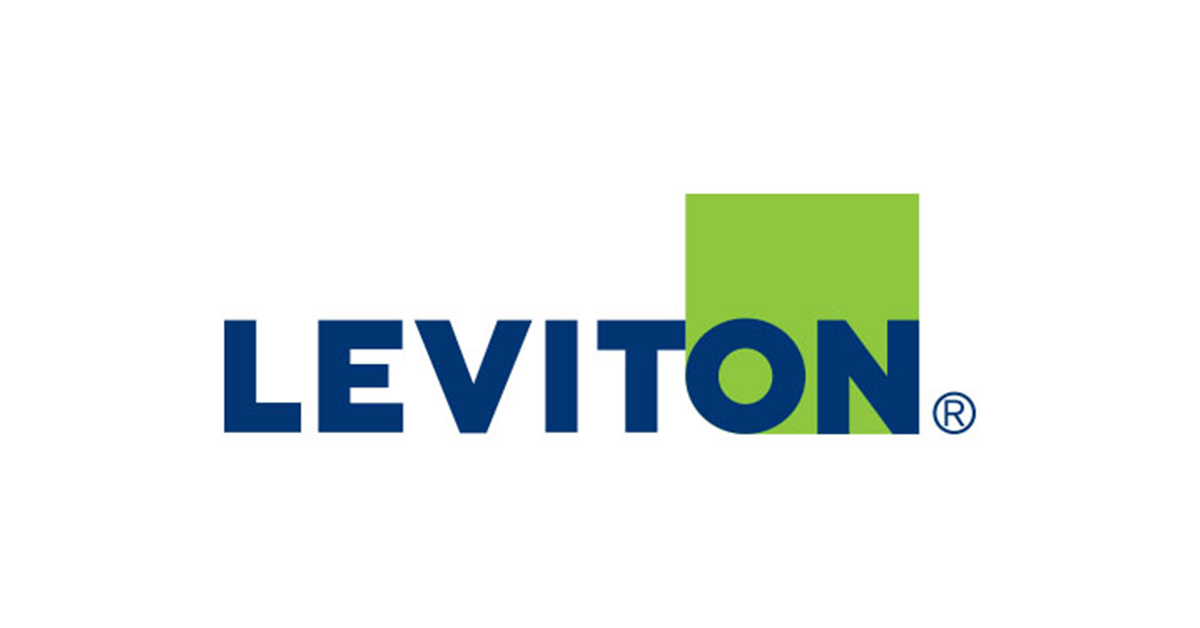EFC 2019 Supply Chain Conference Overview

Feb 13, 2020
By Tom Hoar
Electro-Federation Canada (EFC) hosted its first supply chain conference in November 2019. The theme “Shorter, Faster, Smarter” highlighted the need for manufacturers and distributors to work together to improve how the industry manages its supply chains. Topics covered included Industry Data Warehouse (IDW), Vendor Managed Inventory (VMI) and Electronic Data Interchange (EDI), and how these technologies can help the Canadian electrical industry bring their supply chain goals into reality.
As a sponsor and presenter at the conference, TrueCommerce had the opportunity to drive the conversation surrounding VMI in the industry. During one of the workshops, Tom Hoar, Director of Industrial Sales, presented the benefits of VMI and shared the stage with industry leaders telling their stories. Represented in the panels were ABB, Ideal Supply, IPEX, Mersen and Rexel. They collectively discussed how VMI plays an important part in their supply chains, and how collaborating on inventory management with trading partners makes for a more reliable and efficient supply chain.
Another portion of the program was a roundtable discussion, during which participants answered questions on VMI-related topics. The discussion centered around three topics:
• Why VMI will never work at my organization; i.e., what are the barriers to participation?
• What VMI benefits would my executive team be most excited about (increase in sales/turns/stickiness)?
• If I were responsible for VMI, what would be my next 3 steps?
A summary of the responses to each of the above questions follows.
Topic 1: Why VMI will never work at my organization (barriers to participation)?
Feedback from the group centred around several categories: technological concerns, company resistance to change, costs associated with implementation and concerns with sharing data. The sections that follow take a look at each category and expand on peers’ responses.
• Technological concerns. Most of the responses from each group included this issue. Many businesses were concerned that the systems they currently have in place would not be able to handle VMI, or that resources that are already strained could not handle the implementation. The VMI process itself has been around for many years, and you would be surprised how many different systems are supporting VMI today. Further, with the right customer support the burden on a company’s IT department is drastically reduced. TrueCommerce manages the project from start to finish and with our expertise there are no surprises. Some companies are not even doing EDI today, which they see as a challenge. While it is true that EDI makes doing VMI much less complicated, there are many ways to transfer data and that is a key part of what TrueCommerce does when setting up VMI.
• Company resistance to change. Many companies are worried about how different departments will react to VMI and whether or not they can get buy-in from the company as a whole. This is something that we see quite often. The key is transparency and ensuring each department has an understanding of all the benefits. Change is difficult on many levels, but being ahead of that curve instead of waiting to be forced to change is always an easier path. Moreover, VMI is not a new concept. Sharing other organizations’ successes and understanding your company’s specific needs will go a long way in breaking down barriers to change.
• Costs associated with implementation. Only you can decide what the true value of VMI is for your company. Many of the groups brought up cost concerns, and were particularly worried that cost can quickly escalate. Based on experience, we know that the cost structure is very predictable and transparent when using a provider like TrueCommerce. The cost is normally broken down into an annual fee and monthly location costs. The TrueCommerce customer care group is responsible for ensuring a smooth onboarding, along with continued support for the life of the program. Also, the fact that TrueCommerce offers a cloud-based VMI solution means there are no costs associated with hardware, and that the application is available through the web. The best way to understand the costs is to speak with a sales representative to get a specific quote.
• Concerns with sharing data. This is the number one item that each group posted in their responses. It can be very difficult to establish a trusting relationship with your trading partners, but it isn’t impossible. Companies are fearful that if they trust another business with their data that they are exposing themselves in some way. However, once supply chain partners realize there are more commonalities than differences in their goals for using VMI, trust concerns start to break down. Many companies are concerned about losing control, but the thing to remember here is it really is all about collaboration. There should never be any secrets going into a VMI relationship. The top priority is to work with your trading partners to align your goals and expectations. Because the benefits of VMI extend to both suppliers and distributors, this is an easier conversation to have than you might think.
Some of the other data-related topics groups discussed included freight control, returns, large SKU bases and data quality and product mix. All of these challenges are covered in what we call the “kickoff call” between TrueCommerce, the supplier and the distributor. By working together and planning for how all of this is handled in a program, these factors are no longer barriers but part of the healthy working relationship. When both companies are on the same page, VMI helps to strengthen the business relationship.
Topic 2: What VMI benefits would my executive team be most excited about? (increase in sales/turns/stickiness)
What is great about this question and how people responded is that to answer it, you have to know what the benefits VMI offers. Each group had that understanding and really talked about many of the key benefits.
If we were to rank what the group overall felt were the top VMI benefits, the most popular by far had to do with inventory. Better fill rates and turns with a reduction in stock outs are really where VMI shines. All of this leads to better product mixes, more efficient inventory and ultimately cost savings.
Another key benefit was being able to create a stronger relationship with trading partners. This speaks to companies being willing and open to working together. In our experience, this lines up with what our customers are saying today. The ability to become true partners and work together turns out to be a reward with financial gains for both companies.
The next most popular benefit is an increase in sales. But where does this come from? For many companies it is as simple as just managing inventory better. Ensuring you have the right products that are selling based on demand is important, and VMI helps to accomplish this. Because of this, many distributors are more willing to launch and stock new products to increase product breadth as well.
Other benefits mentioned included better reporting and visibility, a reduction in time spent on ordering with fewer errors, a reduction in freight costs and fewer emergency orders. All of the feedback opened a window to let help attendees understand what executives are looking for when deciding to back a new technology.
Topic 3: If I were responsible for VMI, what would be my next 3 steps?
When you are ready to start VMI, the first question is always, “Where should I begin?” You want to be as efficient with your time as possible, and the good news is that many companies have gone through this process before you. Our groups had members with varying degrees of VMI experience. One of the initial steps that was most often recommended was to find the right partners. This really is a great place to start. Understanding your criteria for choosing the first companies you want to work with is key. Each company comes up with its own list, but we advise you to start the list with important trading partners that are easy to work with. As you roll out your program, maintaining a list of targets to approach next allows you to move forward more easily.
Next was to build the team of decision-makers. This allows companies to understand who they need to get buy-in from. We often see companies pull sales, IT, finance and customer service into these teams. But once the team is built, it is essential to outline what success looks like and who will be responsible for managing each phase of the project.
Finally, “next steps” suggestions revolved around technology and capabilities. Fortunately, choosing the right VMI partner can help companies answer those questions. From EDI to data integrity, TrueCommerce is a trusted partner to help you start your program. We understand what it takes to get a company started and are familiar with the analytics and benchmarking to help you be successful.
Our groups were very engaged in helping to build these lists. EFC continues to show a dedication to helping the industry improve its supply chain. Organizations considering VMI should look for more events focused around technology and best practices that can help you and your trading partners collaborate to be more successful.
TrueCommerce are experts in supply chain technology and we are happy to help you. Feel free to contact Tom Hoar at 513-794-4485 or tom.hoar@truecommerce.com, even if you just have a few questions on how we are helping other EFC members.
Tom Hoar is Director Industrial at TrueCommerce. Datalliance is a pioneer in offering Vendor Managed Inventory as an Internet-based “on demand” service using the “Software as a Service” (SaaS) approach, and has more experience in this field than just about anyone in the world; https://www.datalliance.com/blog/2020/efc-2019-supply-chain-conference-overview











